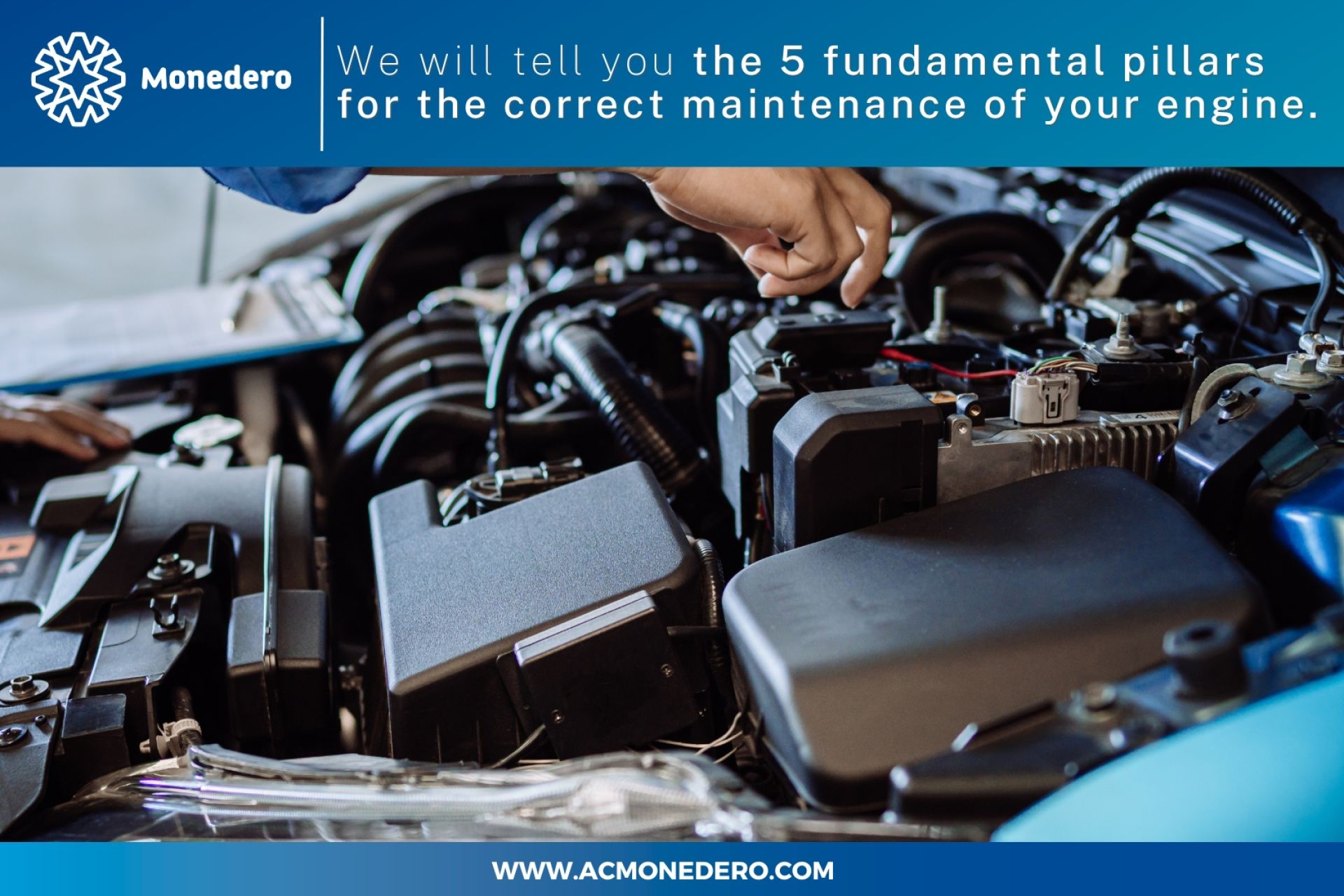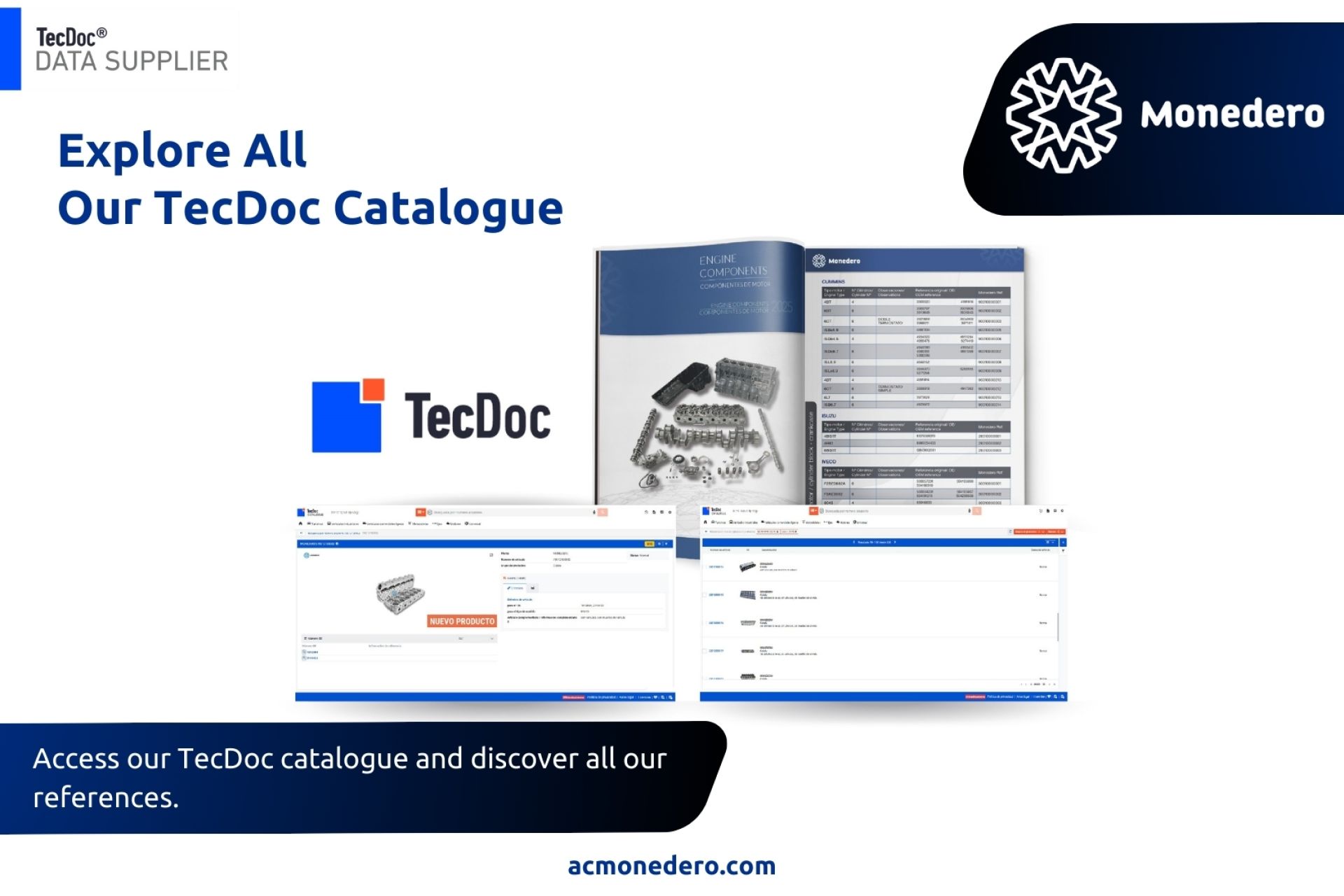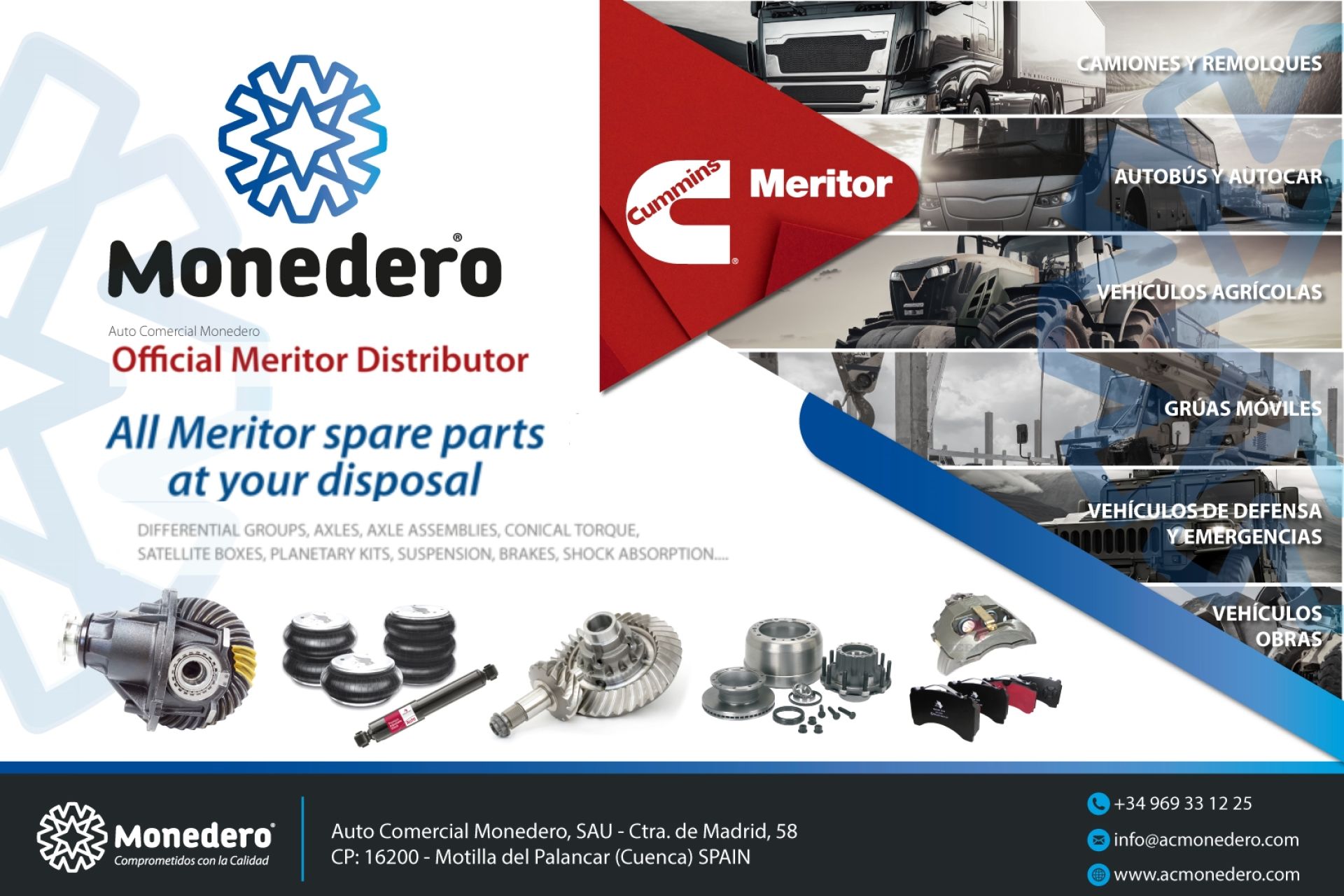5 FUNDAMENTAL PILLARS OF ENGINE MAINTENANCE
KEEP YOUR ENGINE ROARING! THE 5 FUNDAMENTAL PILLARS OF ENGINE MAINTENANCE THAT EVERY DRIVER SHOULD KNOW ABOUT
In the exciting world of automotive, every detail matters. And if there’s one thing that deserves your undivided attention, it’s taking care of your engine. After all, it’s the engine that powers every trip, every adventure on the road. To help you maintain that steady, reliable roar, we’ve put together five essential tips every driver should know.
Get ready to discover how you can keep your engine at the top of its game and ensure a smooth, worry-free ride.
1. Regular Oil Change: The Elixir of Your Engine’s Life
Oil is the guardian of your engine’s health. It provides vital lubrication, helps dissipate heat generated by friction and protects delicate internal parts from wear. With a proper maintenance program, you’ll be ensuring that your engine runs smoothly and is ready for any challenge on the road. And remember, always give your engine the best parts to ensure its long-term performance.
2. Air and Fuel Filters: Breathe Deep and Clean
Air and fuel filters are the lungs of your engine, ensuring that it breathes clean, impurity-free air and fuel. But, like any filter, they need to be checked and changed regularly to maintain their effectiveness. Optimal air and fuel flow not only improves your engine’s performance, but can also help reduce fuel consumption and harmful emissions.
3. Keep Temperature Under Control: A Happy Cooling System is a Happy Engine.
Overheating is your engine’s silent enemy. To prevent your engine from overheating, it is crucial to maintain an efficient cooling system. This involves regularly checking the coolant level and quality, as well as inspecting the integrity of the hoses and radiator. Periodic cleaning of the radiator is also critical to prevent the buildup of dirt and other debris that could obstruct airflow.
4. The Belts: The Invisible Link That Keeps Everything in Motion
Engine belts are like the invisible threads that hold everything in place. From the timing belt to the accessory belts, these parts play a crucial role in the operation of your engine. But over time, belts can wear out or weaken, which can lead to catastrophic failures if they break while you’re on the move. Inspecting them regularly and replacing them according to the manufacturer’s recommendations is critical to keeping your engine in top condition.
5. Listen to Your Engine: Your Best Guide on the Journey
Your engine is a master of nonverbal communication. It is always sending signals, whether in the form of unusual noises, strange vibrations or changes in performance. Paying attention to these signs is crucial. If something seems out of the ordinary, don’t ignore it. Take your vehicle to a reputable shop to have it checked out as soon as possible. Attending to problems immediately can save your engine from major damage and save you headaches and money on costly repairs. And remember, when it comes to replacing parts or making repairs, always opt for the best parts available to keep your engine in its best shape.
Conclusion
To keep an engine in good condition, it is essential to follow a regular maintenance schedule. This includes changing the oil regularly, keeping air and fuel filters clean, monitoring engine temperature, checking belts and watching for any signs of trouble. But most importantly, always use the best parts available, which will ensure optimum performance from your engine and avoid costly repairs.

















